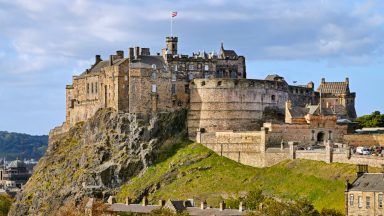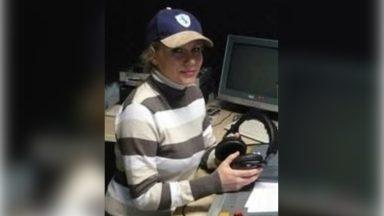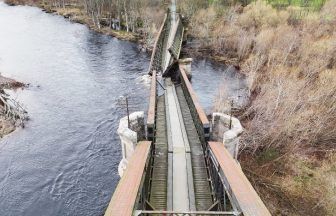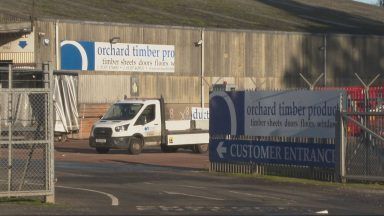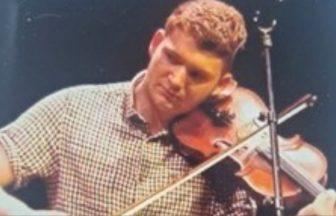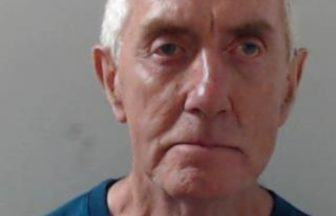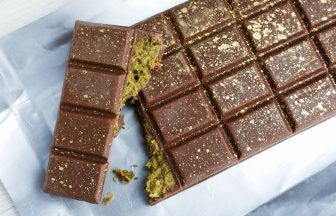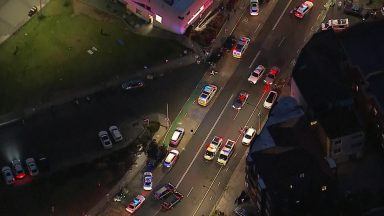Students from the King’s former school have lived off-grid on an uninhabited Scottish island to help restore its infrastructure after it was deserted 50 years ago.
Sixth formers from Gordonstoun in Elgin, Moray, spent more than a week living in an abandoned house on the island of Swona which lies in the Pentland Firth between Orkney and Caithness.
The students reached the island after a 10-hour journey by bus, ferry and boat, carrying food, sleeping bags and building supplies.
Their only neighbours during the eight-day stint were a small herd of feral cattle, as the island was abandoned by its last residents in 1974.
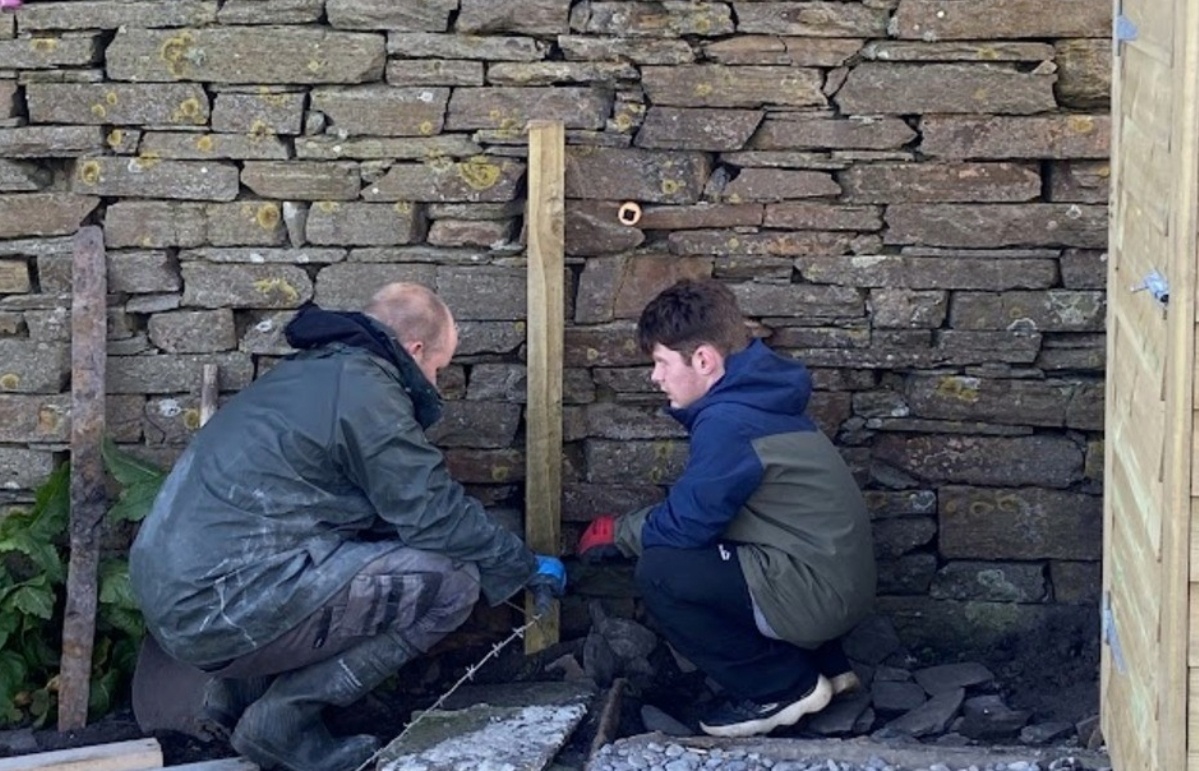 PA Media
PA MediaTwo school staff and 10 Year-12 students stayed on the island and worked with the Annal family – descendants of the last inhabitants – to build a toilet; restore slate paths and stone dykes; concrete the old pier; and refurbish the former croft cottage.
Swona was inhabited from about 2000 BC and its heritage includes Viking farms, Neolithic tombs and a Medieval chapel, but it is also a Site of Special Scientific Interest (SSSI) due to its flora.
It is a breeding colony for puffins, arctic terns and razorbills, and is visited by orcas, dolphins, pilot whales and minke whales.
In the 1880s, 47 residents descended from nine families lived on the island, which had its own school until 1920 – and the last two residents, James and Violet Rosie, left in 1974.
The school group learned to catch fish off the North Head of the island, as well as baking bread on an open fire and pumping fresh water from a 1,000-year-old well, during the visit in June.
William Annal said: “The students put in a tremendous effort and were a huge benefit to the built and natural heritage of the island, reversing many years of decay. Their presence and personality breathed life and energy back into the island that hasn’t been seen in 100 years.”
Student Hope Flemington said: “The trip to Swona was absolutely life-changing, it was a great opportunity to learn new life skills on a remote island while making new friends. There was a great camaraderie and a real sense of achievement by being of service to the local community. I wouldn’t have changed it for the world.”
Dan McLean, a houseparent at Gordonstoun, said: “The island has effectively been cut off from the world with just a herd of cattle roaming feral for the past 50 years.
“When I first explained to the students (that) we would have to source our own water and that we would be staying in a cottage that had been unoccupied for 100 years, some of them had a little bit of trepidation about going on the trip.
“However, their spirit for adventure soon kicked in when they realised we would be making a bit of history by being the first group to return to the island in half a century. We were also well equipped, bringing seven large boxes of provisions with us.
“We had to be self-sufficient for more than a week which meant bringing everything from dry foods, sleeping bags, building supplies and equipment. We had no fridge so we had to be creative about what foods to bring with plenty of supplies of foods that could be rehydrated, including chicken for a stir fry.
“We will be working with professional archaeologists from (the) University of Highlands and Islands to find out more about the island’s heritage.”
Principal Peter Green said: “Gordonstoun is renowned the world over for its unique approach to education, offering our students challenging opportunities outside the classroom to help others.
“Spending more than a week on one of the remotest parts of the country was a major test for the children, but one which they grabbed with both hands.
“Like our founder, Kurt Hahn, I firmly believe that students need to encounter challenge in all that they do, as part of their commitment to the service of others. Taking them out of their comfort zone develops resilience, fortitude and important life skills.”
Follow STV News on WhatsApp
Scan the QR code on your mobile device for all the latest news from around the country


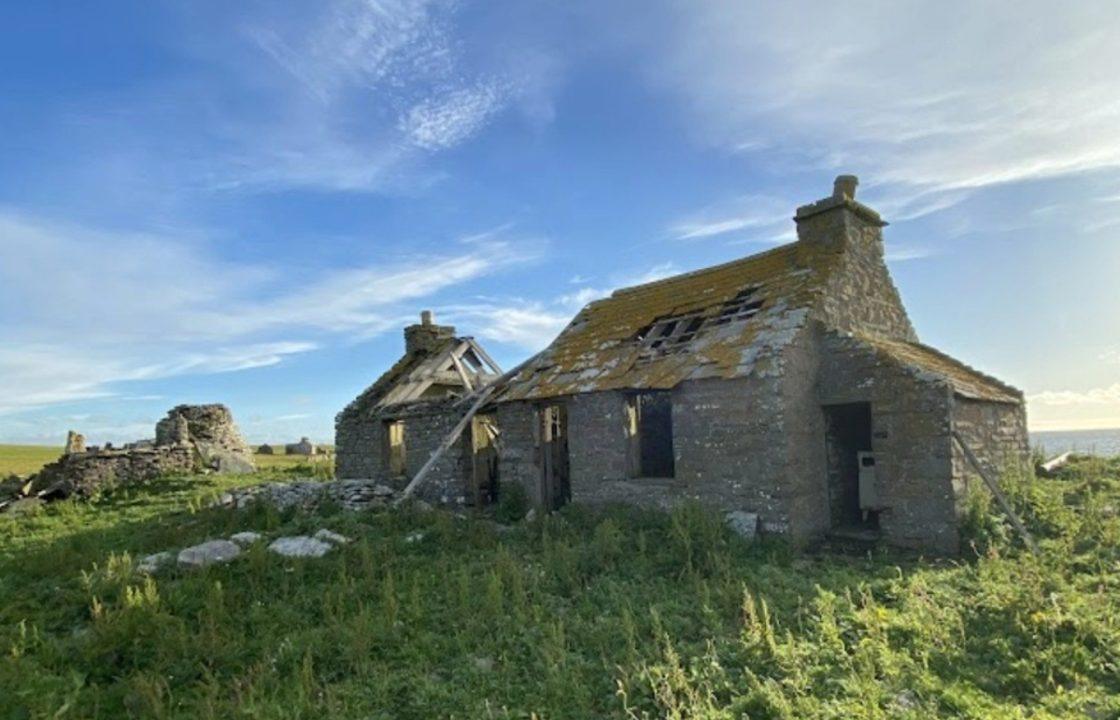 PA Media
PA Media

